The BBC is an Orwellian, Kafkaesque nightmare
Dishonesty and obfuscation are now part and parcel of the Beeb’s editorial policy.

Want to read spiked ad-free? Become a spiked supporter.
I’m keen on the radio. When I used to stay over at other people’s places, my first thought on finding that there wasn’t a radio in my room was: ‘Why do you hate me?’ These days I tend to stick to Radio 4 Extra. I don’t think I could stand yet another attempt by the regular Radio 4 to shoehorn critical race theory into Bells on Sunday.
Radio 4 long ago became a captured institution, up there with the NHS and the Church of England. It employs only those who toe the party line on everything from breakfast to Brexit, climate change to cross-dressing. This is surely responsible for the astonishing loss of audience over the past few years – down 1.2million in the year up to May 2023, and fading by the day.
This being the case, I can’t say I’m on tenterhooks to hear the much-trailed Radio 4 series, Orwell vs Kafka, the first episode of which airs on Saturday. It’s presented by Ian Hislop and Helen Lewis, buddies from that BBC TV smarm-fest, Have I Got News for You. The aim is to discover why the words Orwellian and Kafkaesque are still so resonant today – and to find echoes of these horrifying dystopias in the real world. The pair are of one mind, I’d wager, on all the issues Radio 4 needs its boxes ticking on, so it sounds like a dreary set-up right from the start.
I guess they won’t be examining the Orwellian and Kafkaesque qualities of the BBC itself. At first glance, I would say the former is more in evidence. There’s the regular Two Minutes Hate sessions on the BBC’s politics shows for those loathed ‘populist’ leaders. There’s BBC News’ amping up of hatred towards Israel – Emmanuel Goldstein to Britain’s Oceania – seen most grotesquely in its over-heated reports from Gaza. Perhaps most egregious was its live reporting of the bombing of a hospital in Gaza City in October. The BBC blamed it on Israel but in actuality, it was caused by an Islamic Jihad rocket ‘misfire’. The deputy chief executive of BBC News, Jonathan Munro, subsequently admitted that the BBC reporter’s ‘language wasn’t quite right… The correspondent was wrong to speculate about the cause of the explosion of the hospital.’
It’s not just Israel; it’s also British Jews who the BBC seems to have antagonised. In 2022, Ofcom stated that it had committed ‘significant editorial failings’ in its reporting of an anti-Semitic attack on Jewish youngsters celebrating Hanukkah, effectively turning them from victims into bigots. After a bus they were travelling on was attacked in London in 2021, the BBC reported that ‘an anti-Muslim slur’ had been heard from inside the bus. But the words heard were actually a Hebrew phrase meaning ‘Call someone, it’s urgent’.
As with many people who don’t care for Jews, the BBC also likes to fawn over Islam – a clear example of Orwellian doublethink when one considers how dismissive it is of Christianity. The New Criterion has highlighted the stark contrast between how the BBC describes Islam and Christianity on its website:
’Islam began in Arabia and was revealed to humanity by the Prophet Muhammad (peace be upon him). Those who follow Islam are called Muslims. Muslims believe that there is only one God (Allah).’
Got it? Now here is the BBC’s introduction to Christianity: ‘Christianity is the world’s biggest religion, with about 2.1 billion followers worldwide. It is based on the teachings of Jesus Christ who lived in the Holy Land 2,000 years ago.’
Notice anything different in the tone, in the approach? For starters, Islam ‘was revealed to humanity’, whereas Christianity is a statistic. And what’s this ‘peace be upon him’ stuff? Why the confessional language in the very secular setting of a BBC history lesson?’
Then there’s the doublespeak. The Beeb, while banging on about equality, has always had a problem with women. Think of the whopping gender pay gap, the sex pests protected, the sacking of female presenters who dare to age. Women are almost 10 times more likely than men to be prosecuted for not having a TV licence. In 2017, unpaid licence fees were responsible for one-third of all women’s criminal convictions in the UK. Dame Vera Baird, the former victims’ commissioner for England and Wales, has said this is ‘serving only to criminalise poverty and disproportionately punish poorer families and women’. Then again, the BBC doesn’t like the proles either, for being bad and voting for Brexit. (Although in 2022, Beeb bosses did hold their noses to declare a target for 25 per cent of staff to come from ‘a lower socio-economic’ background by 2027. Lord luv you, guv’nor!)
With the rise of gender woo-woo, the BBC’s woman-baiting has gone off the charts. In the corporation’s centenary year, the BBC News website changed the testimony of a rape victim to respect the preferred pronouns of her transgender attacker. The woman referred to this man as ‘him’ but she was quoted as saying ‘her’ by the BBC to avoid misgendering an alleged rapist. George Orwell famously railed against language ‘designed to make lies sound truthful and murder respectable’. So we can only imagine what he’d have made of female penises.
Where does Franz Kafka fit in? Definitely in the opacity of BBC management structure. With so many different ‘heads’ and ‘controllers’, with no clear lines of authority or accountability, anyone who wants to pitch an idea has to talk to about a dozen different people without ever having a clear idea of what any of them actually do. This is reminiscent of The Trial and The Castle, both of which feature protagonists pleading their case to a faceless, indifferent authority, represented by a seemingly endless procession of incompetent functionaries. On being sacked from Feedback in 2022, the Radio 4 show in which listeners criticise the BBC, presenter Roger Bolton spoke of his frustration at the corporation’s ‘frequent refusal to put up executives to be accountable to the people who pay for them. My farewell message to BBC management is: get out into the country and on to the airwaves and be truly accountable to licence payers… Listen seriously to what those who pay for you really think.’
But the BBC is too busy ‘fact-checking’ those who resist being brainwashed to listen to the licence-payers. There’s a Kafkaesque aspect here, too. As Tom Slater noted on spiked last year, the BBC’s star ‘disinformation’ correspondent, Marianna Spring, had told porkies on her CV: ‘No superlative quite captures how hilarious it is that Spring, the poster girl for the elite-media crusade against online disinformation, tried – and failed – to disinfo her way into a journalism job.’
So no, I won’t be listening to another couple of Radio 4’s tame journalists telling us that it’s those nasty people over there who are Orwellian and Kafkaesque, despite the evidence of our own ears. Perhaps, in a more enlightened future, in the 22nd century, Radio 4 Extra will give us a warning about ‘out-of-date attitudes’ on Kafka vs Orwell, where dystopia was searched for everywhere but in the finagling embrace of the state broadcaster. While Auntie warns us to beware of the populists and the populace, few institutions more clearly combine the lying of Orwell’s monsters and the madness of Kafka’s controllers than the BBC itself.
Julie Burchill is a spiked columnist. Her book, Welcome to the Woke Trials: How #Identity Killed Progressive Politics, is published by Academica Press.
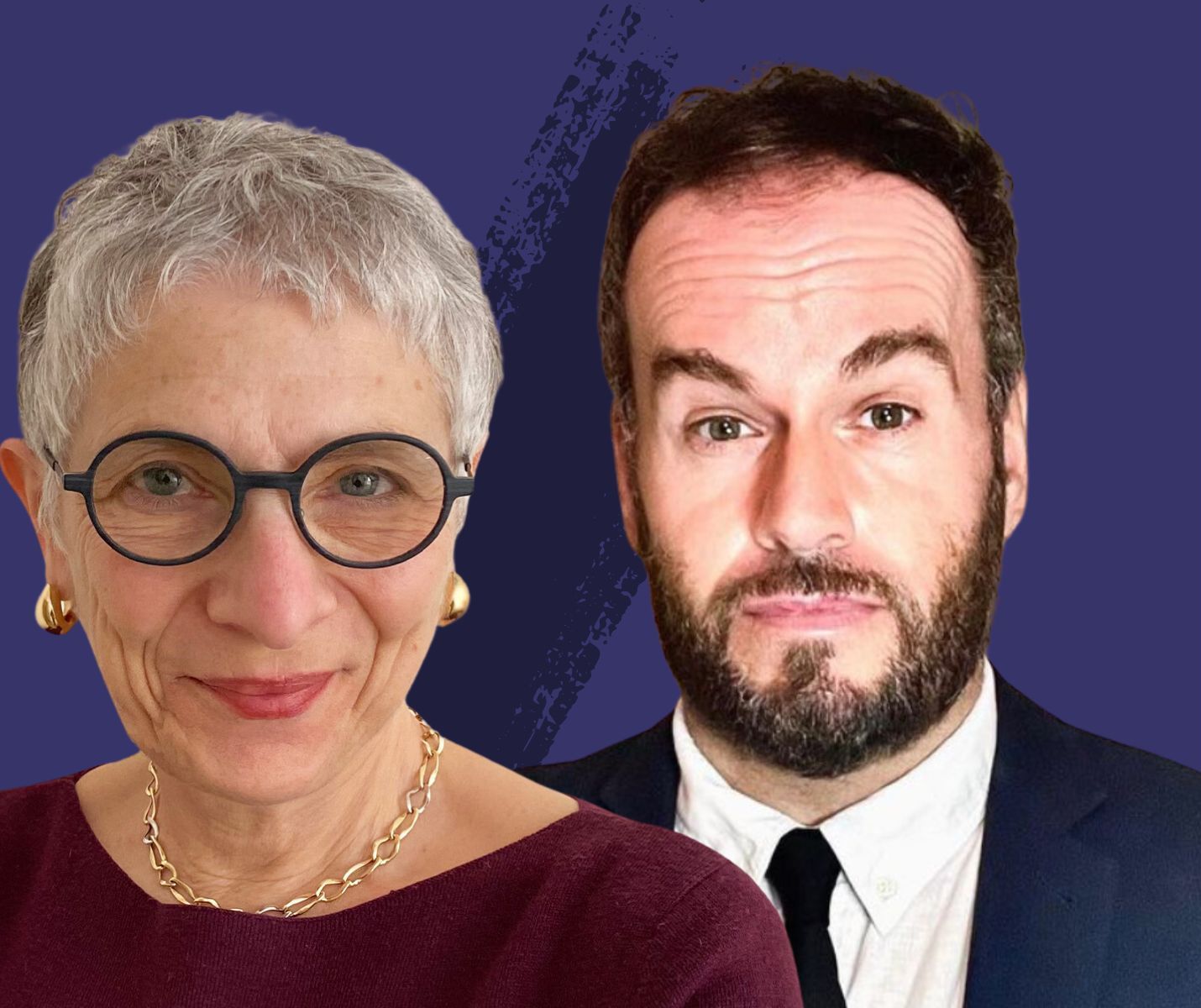
Melanie Phillips and Brendan O’Neill – live and in conversation
Wednesday 26 June – 8pm to 9pm BST
This is a free event, exclusively for spiked supporters.
Picture by: Getty.
To enquire about republishing spiked’s content, a right to reply or to request a correction, please contact the managing editor, Viv Regan.

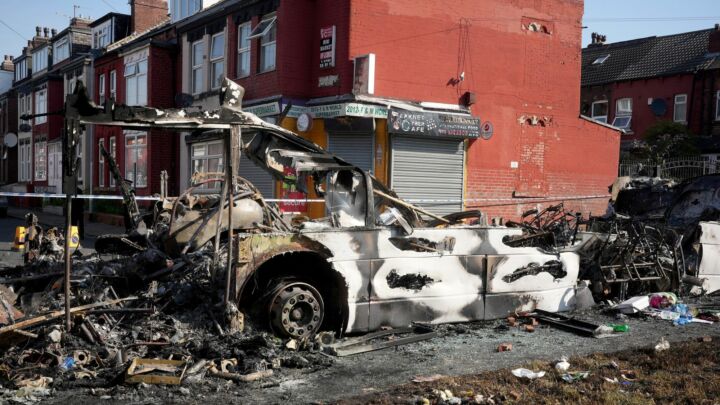
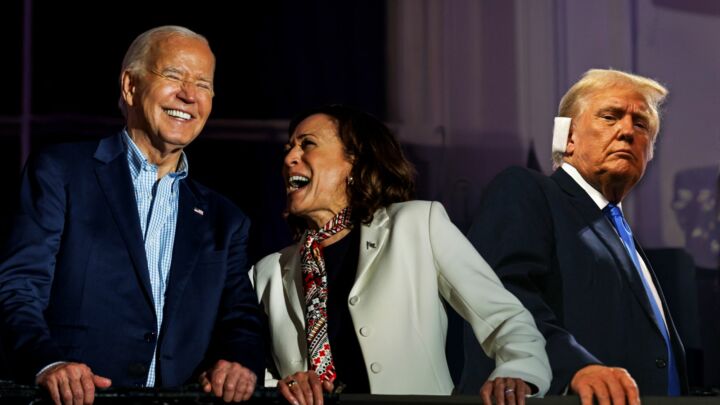
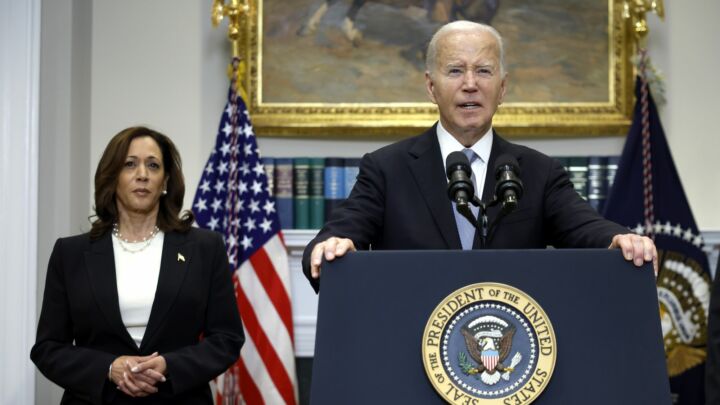
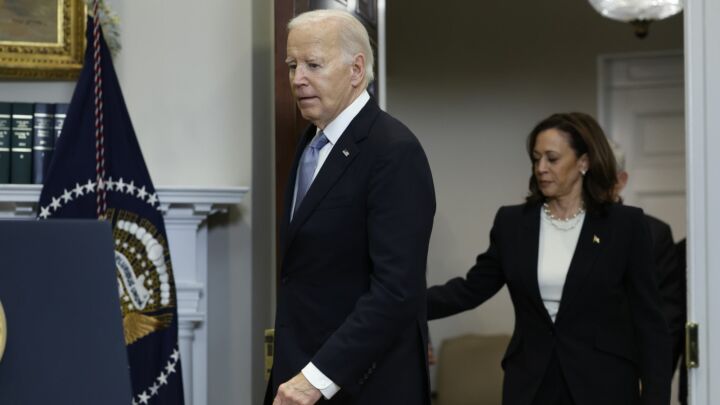
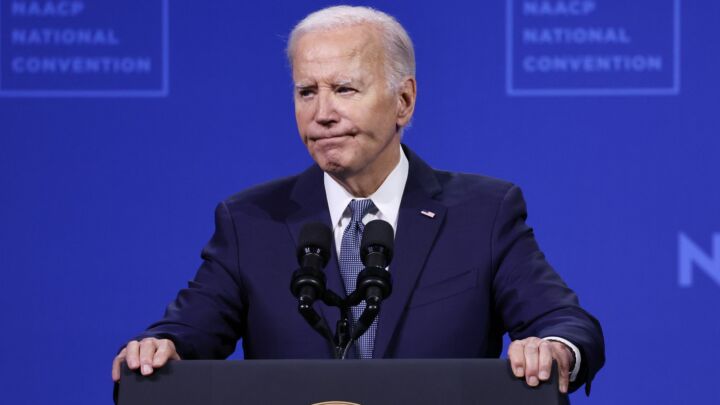
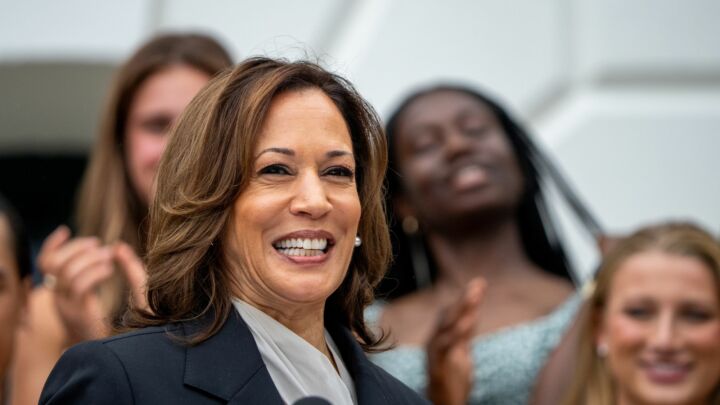

Comments
Want to join the conversation?
Only spiked supporters and patrons, who donate regularly to us, can comment on our articles.